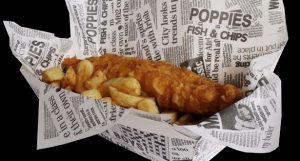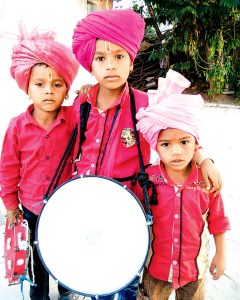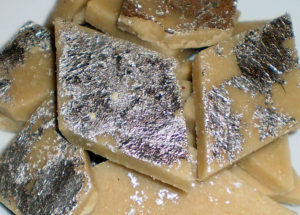Warning: food wrapped in newspapers could be slow poison.
Using newspapers to wrap, pack or serve food is a safety hazard, the Food Safety and Standards Authority of India declared this week.
 Newspapers are often used by roadside vendors, small hotels and even in homes in lieu of absorbent papers. The food regulatory body has warned that cancer-causing agent and microbes could be slowly poisoning consumers of much food that has been in contact with newspapers.
Newspapers are often used by roadside vendors, small hotels and even in homes in lieu of absorbent papers. The food regulatory body has warned that cancer-causing agent and microbes could be slowly poisoning consumers of much food that has been in contact with newspapers.
Foods contaminated by newspaper ink could be dangerous because ink has multiple bioactive materials that are known to have negative health effects, the FSSAI said in its advisory on the subject. Printing inks may also contain harmful colours, pigments, binders, additives and preservatives. Newspapers could also harbor pathogenic microorganisms that could contaminate food. Newspapers, paper or cardboard boxes made of recycled paper may be contaminated with metallic contaminants, mineral oils and harmful chemicals like the phthalates which can cause digestive problems and also lead to severe toxicity.









